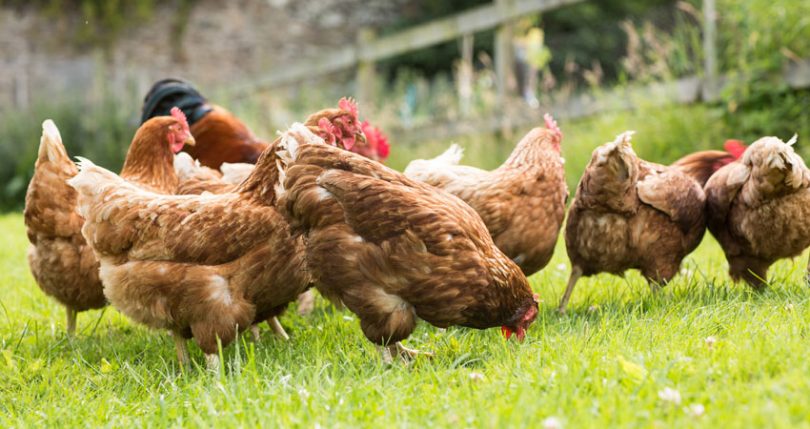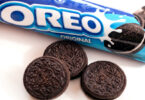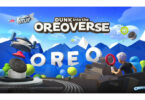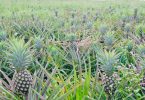In March Carrefour launched the first European food traceability blockchain for its Quality Line chicken from Auvergne. Last month the supermarket group extended the coverage to Carrefour Quality Line tomatoes.
In addition to addressing consumer desires for greater transparency, it also acts as a showcase for individual suppliers. Perhaps if you find the chicken from a particular farm especially tasty, you might seek it out again.
The project aims to provide customers with visibility over the entire supply chain. So the buyer can see exactly where the goods were produced and the blockchain tracks every step including processors and distributors.
In the chicken example, a consumer can see how each animal was reared, the farmer’s name, what they fed the chicken, treatments used (for example, antibiotic-free), any quality labels and the slaughter location.
Laurent Vallée is Carrefour’s general secretary and head of quality and food safety. He said: “This is a first in Europe and will provide consumers with guaranteed complete transparency as far as the traceability of our products is concerned.”
By the end of the year, the plan is to add eggs, milk, salmon, Rocamadour cheese, oranges and Carrefour Quality Line fattened chicken. But longer term the aim is to cover the entire Carrefour Quality Line product range which is hundreds of products.
How it works
From the consumer’s point of view, using a smartphone they scan a product’s QR code to view the detailed information.
To date, the company built the blockchain using Ethereum. However, for tomatoes and eggs they’re currently experimenting with the Hyperledger Fabric Digital Ledger Technology. Hyperledger Fabric has the concept of channels which are a little like separate blockchains. So they can have one channel per product line. Hence from Carrefour’s perspective this “facilitates the multiplication of different blockchains on a single common core.” And they also see this as enabling the “industrialization of blockchains”.
Two other examples of blockchain projects include the UK Food watchdog’s slaughterhouse pilot and the Wyoming cattle rancher blockchain. Also in the US is FoodLogiQ‘s test with Subway and Tyson.
The highest profile food traceability initiative is the IBM/Walmart Food Trust blockchain for safety. The project includes Nestle, Unilever, Tyson, and several other food companies.
There are several Asian projects. In Cambodia, Oxfam recently launched an organic rice traceability initiative to empower farmers. Alibaba’s TMall and Ant Financial are involved in a Chinese rice project. Finally, TE-FOOD is involved in a Vietnamese pig tracking initiative.






